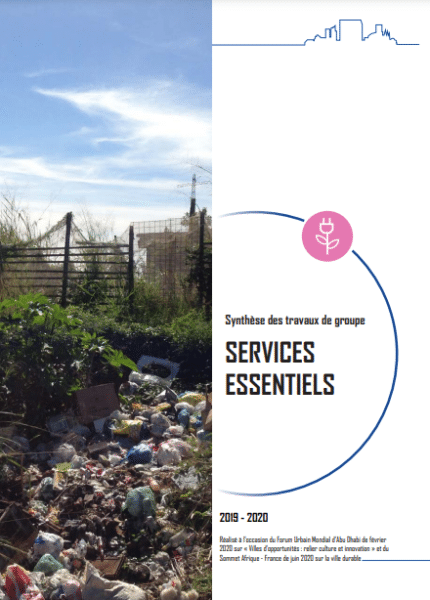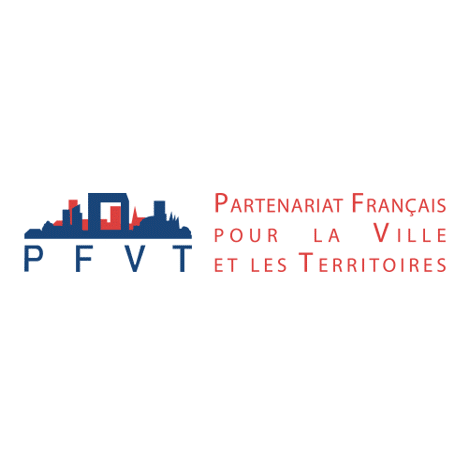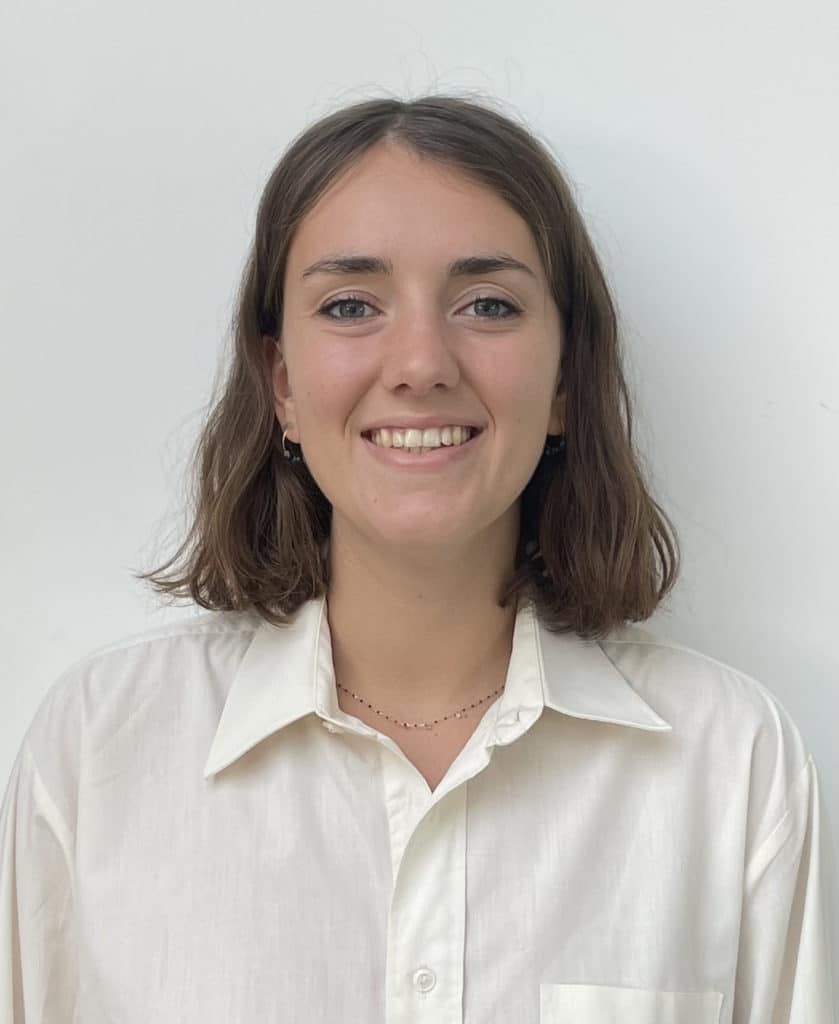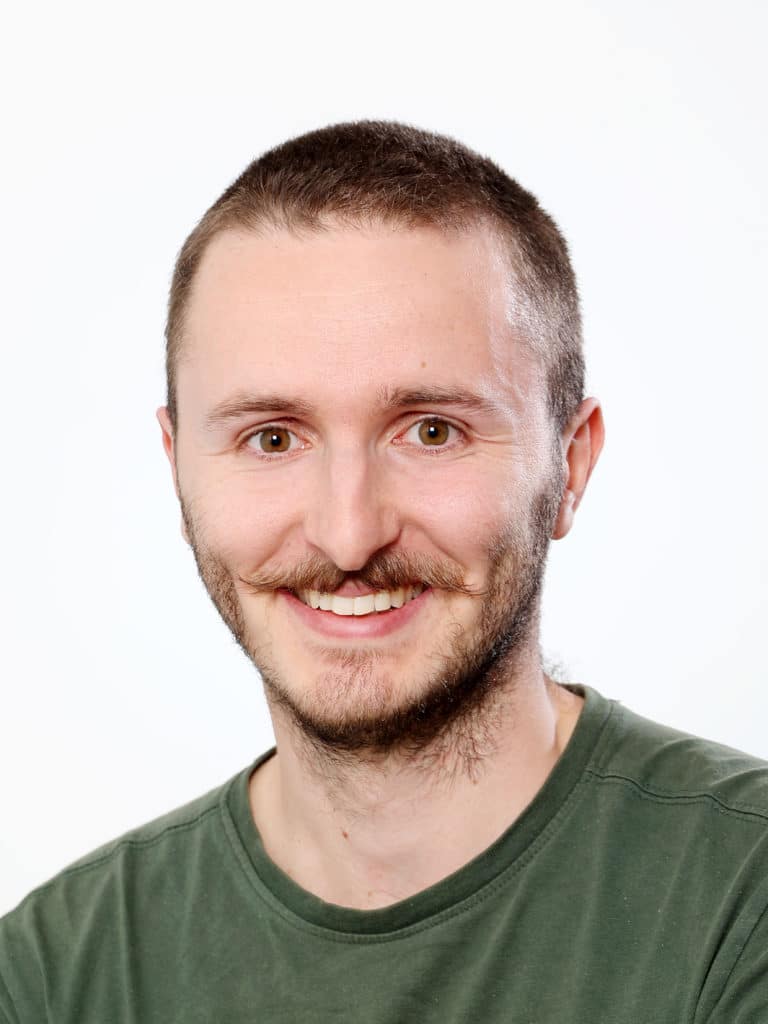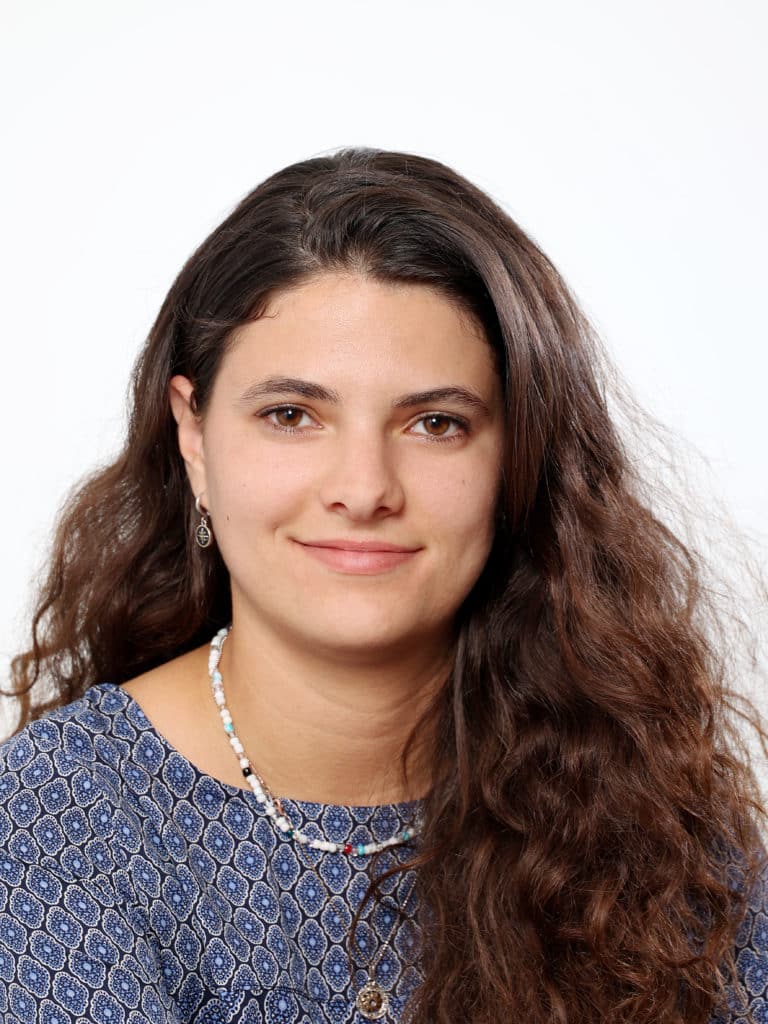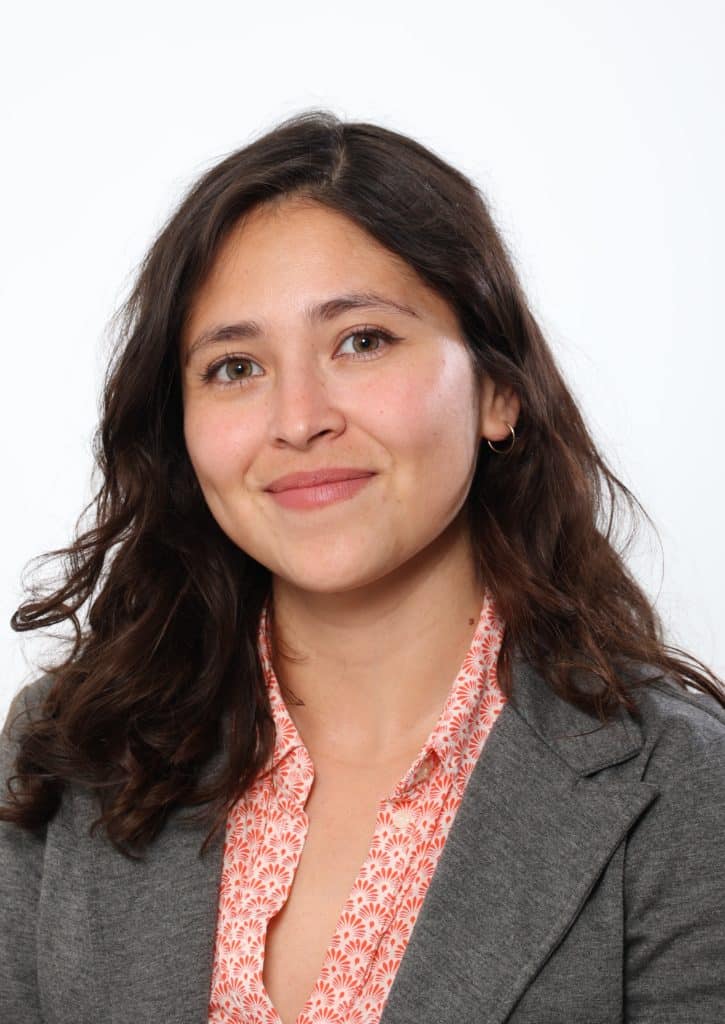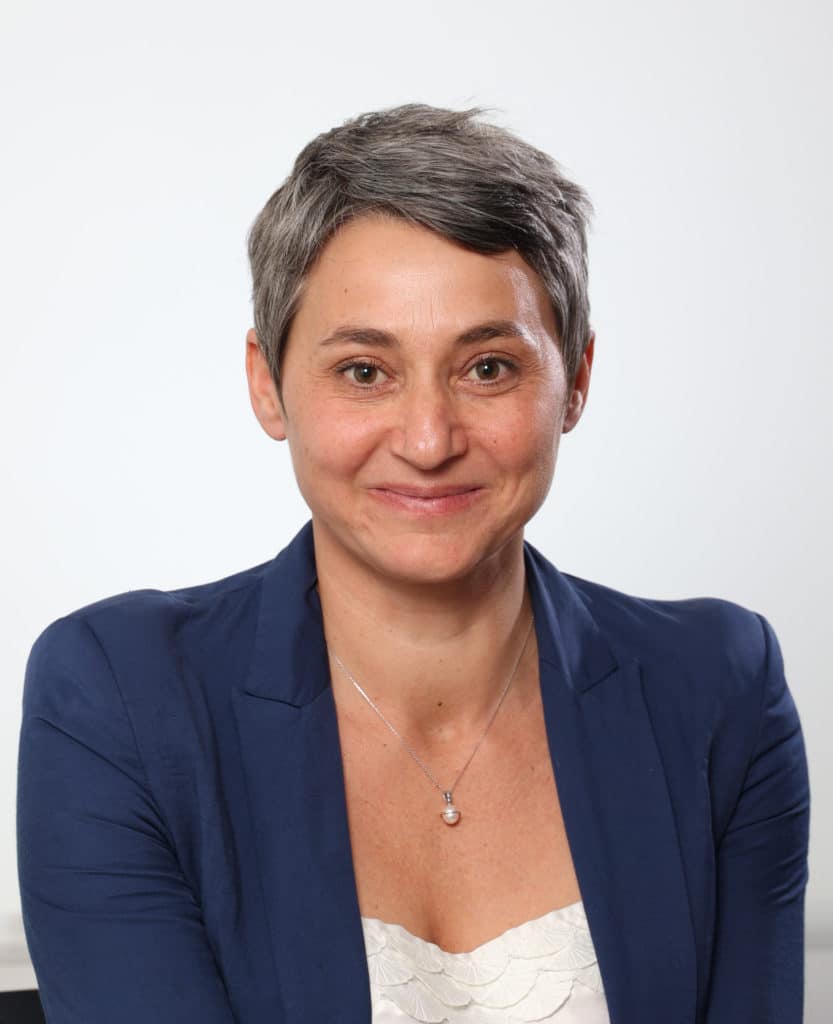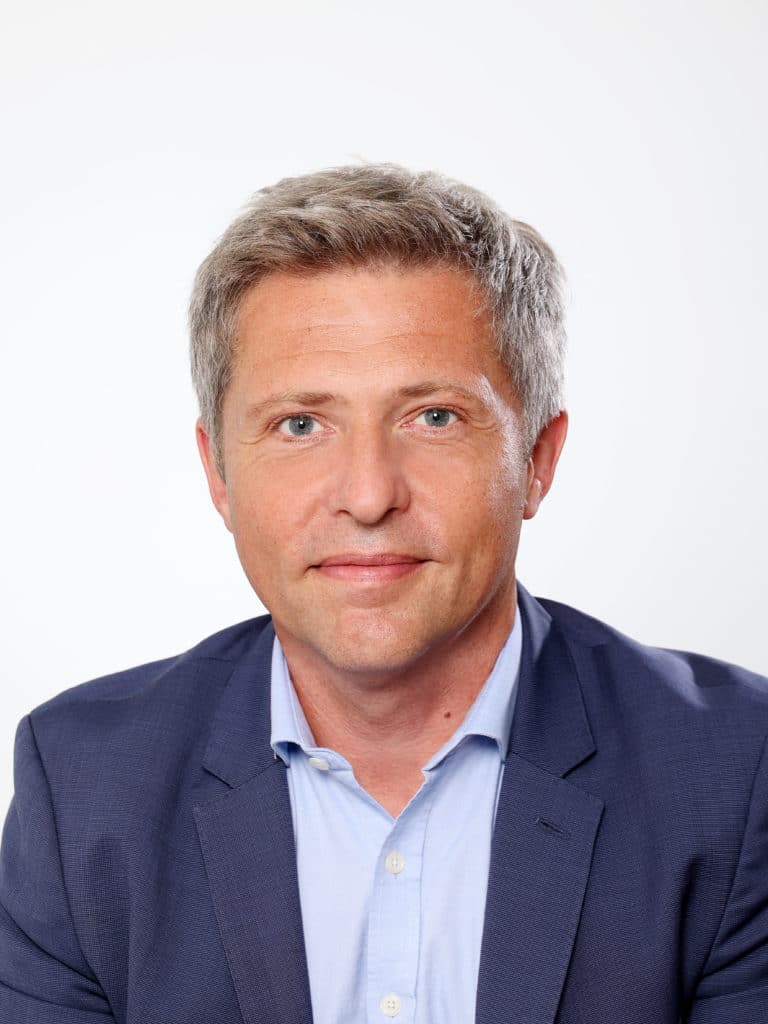Étude thématique, rapport
Services essentiels : recommandations pour une ville plus inclusive et durable
- Créativité
- Inclusion
- Résilience
- Sobriété
- Aménagement
- Partenariats publics/privés
- Renforcement du lien social et de la solidarité
Ce document présente les grandes recommandations élaborées par les membres du Partenariat Français pour la Ville et les Territoires (PFVT), plateforme d’échanges et de valorisation de l’expertise des acteurs français de l’urbain à l’international. Ces documents sont préparés à l’occasion du Forum Urbain Mondial d’Abu Dhabi de février 2020 et du Sommet Afrique-France de juin 2020.
Centré sur l’accès à l’eau potable, à l’assainissement et à l’hygiène de l’eau, la gestion des déchets urbains solides et l’accès à l’énergie, le groupe de travail « Services essentiels » questionne la notion même d’accès aux services essentiels. Cette notion ne se restreint pas seulement aux seuls aspects technologiques mais invite à questionner des problématiques plus larges de gouvernance et d’inclusion sociale, de prise en compte des contextes économiques locaux, nationaux voire même internationaux, de stratégies de politiques publiques et privées, ou encore de formation et d’innovation.
Ce groupe de travail a ainsi choisi de privilégier l’accès aux services essentiels pour les acteurs locaux et les habitants, source d’une ville plus inclusive et plus durable. Dans ce cadre, les thèmes du développement durable, de la lutte contre les impacts négatifs du changement climatique, de la faisabilité des programmes et projets, et de la capacité de réplication pour le plus grand nombre ont été abordés, et sont considérés comme primordiaux pour la mise en œuvre des projets visés.

